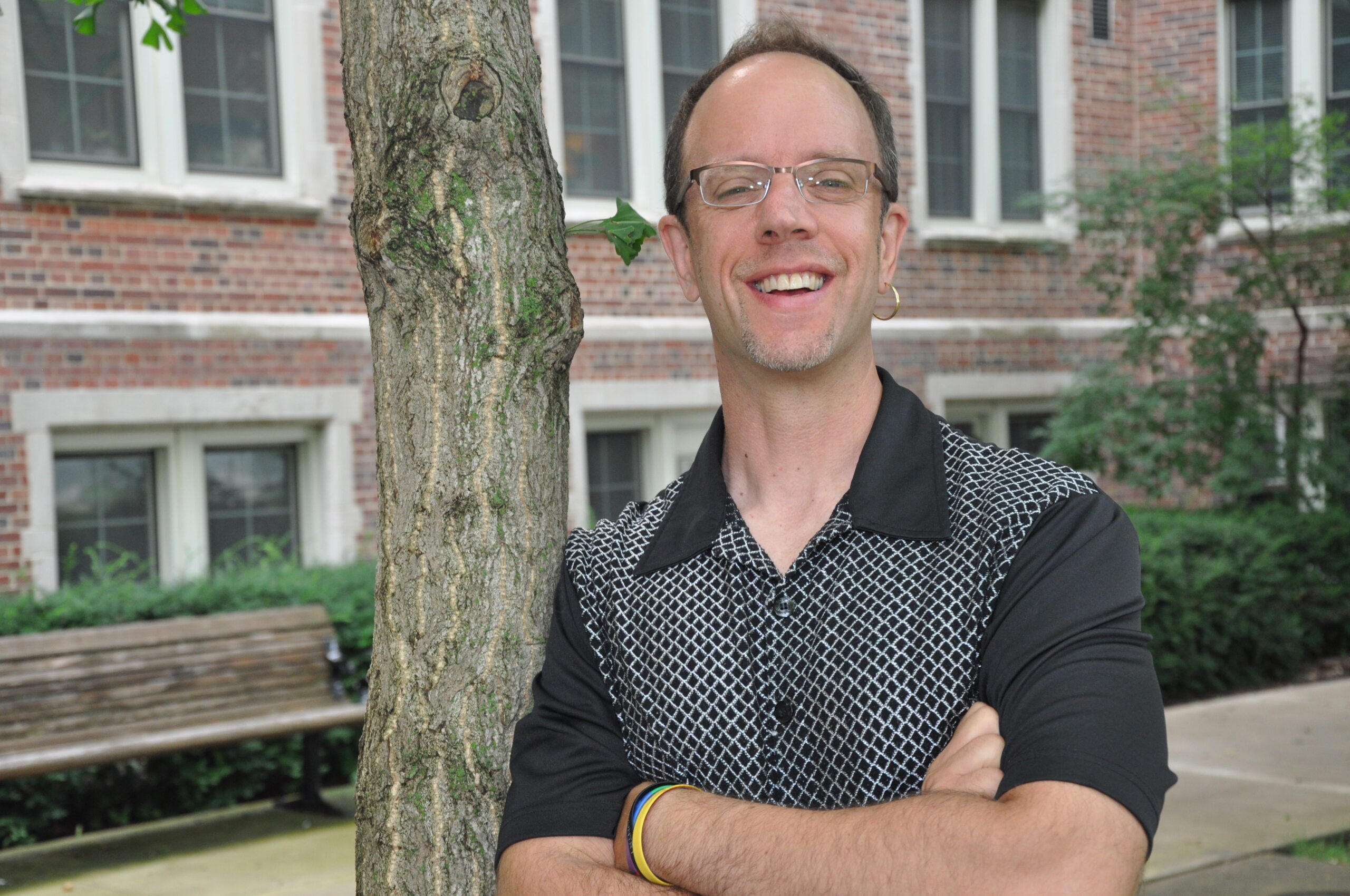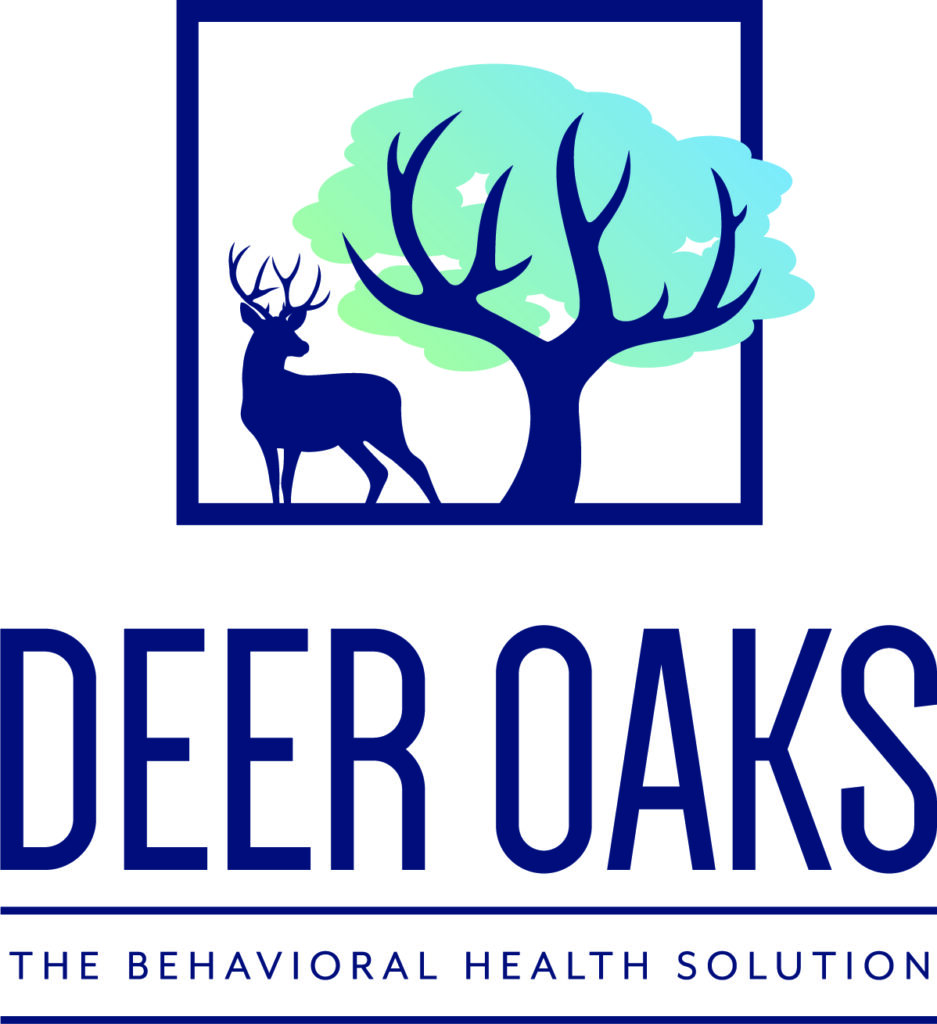To Join or Not to Join? – A Complex Question
Members of the Iowa Psychological Association occasionally ask about IPA’s stance regarding the psychology interstate compact known as PsyPact. Most psychologists have received ample marketing from multiple sources regarding the primary stated objective: to increase ease of interstate telehealth practice, a widely supported objective for expanding psychological treatment accessibility. At the same time, these marketing messages provide limited information regarding the specific terms of PsyPact and thereby limit awareness of its challenges. The concept behind a compact like PsyPact contains some highly desirable components, while its implementation has left cause for concern. Upon examining specifics of the compact, concerns about patient protections become apparent.
Due to these concerns, IPA has opposed adoption of PsyPact in Iowa in order to support ethical and sustainable psychological services in Iowa. It is worth noting that multiple state associations have expressed concerns about the rules of PsyPact that have kept their states from joining the compact (accessible via Internet search but not explicitly listed in the interest of discretion) and IPA leaders have encountered similar expressed concerns in private communications with current PsyPact members. It is the perspective of IPA that it would be best to wait for major concerns to be addressed before joining this compact (most notably, the compact’s current determination of the “home state” as the location of the psychologist). If PsyPact made changes to reduce the safety risks for Iowans, or if a feasible alternative were to become available, IPA would be open to reconsidering its stance. The primary concerns are detailed below.
PsyPact rules state, “For the purposes of this Compact, the provision of psychological services is deemed to take place at the physical location of the psychologist.” Additionally, psychologists participating in the compact are only required to be licensed in their home state. When a psychologist from another state provides telehealth services to an Iowa resident, the Iowa resident is in essence “digitally” traveling to the other state to receive the service. This is atypical for telehealth services, as typically the service location would be the location of the person receiving the service. Other compacts, such as the compact recently adopted in Iowa for licensed mental health counselors, consider the patient’s location to be the service location. With PsyPact, any violations of ethics or law would fall under the jurisdiction and responsibility of the other state rather than in Iowa. Two primary concerns relate to assigning the service location as the psychologist’s state.
1. When Iowa is not identified as the location of the service for Iowa residents, they are not guaranteed the protections that are well established in Iowa regulations. For example, Iowa is a Mandatory Reporting state for child and dependent adult abuse and Iowa has established that psychologists have a duty to warn of identifiable threats to an individual’s physical safety. Psychologists licensed in Iowa are required to receive routine training in Mandatory Reporting, which is monitored by the Board of Psychology, and to become familiar with the state’s regulations. Other states in the compact have permissive reporting (i.e., they may choose whether to report abuse or neglect) and a couple of the states do not have a duty to warn of serious threats of harm. Although PsyPact has included language that requires psychologists practicing across state lines to follow the regulations of each state in which their patients reside, the likelihood of Iowans receiving services from psychologists who are unfamiliar with our mandatory reporting or duty to warn laws is heightened within PsyPact.
2. PsyPact psychologists providing telehealth to Iowans would NOT be granted Iowa licenses and would instead practice under the authority of the compact. If the Iowa Board were to learn of misconduct by a remote psychologist, the Iowa Board of Psychology would have virtually no authority to discipline (i.e., they could not place a sanction on their license), other than to petition PsyPact to revoke their ability to practice in Iowa. The lack of licensing in Iowa would also eliminate the ability of the Iowa Board to track who is actively working with Iowans via telehealth under PsyPact. The Iowa Board would also be unable to demand completion of any state-required trainings for PsyPact providers. Furthermore, an Iowan wishing to file a complaint regarding an out-of-state psychologist practicing within PsyPact would be expected to contact the licensing board within that psychologist’s home state and that state’s board would NOT be required to dedicate resources to residents outside their state, thus leaving Iowans without the ability to seek adequate protection and oversight regarding unethical practices. In other words, PsyPact redirects money and ability to maintain proper oversight away from the boards, and ultimately makes oversight extremely weak. Although, yes, the state is allowed to enforce their laws, the specific body that would ultimately enforce them is our licensing board – and they can neither investigate nor enforce if they do not have ample funds to function.
With adoption of PsyPact, money would be filtered away from the licensing board as psychologists (especially those from out of state) instead paid their fees toward the compact. The cost of licenses is not wasted. Boards are self-funded in Iowa and need licensing fees to conduct investigations. If Iowa joined PsyPact, it is reasonable to expect that many out of state licensees (about 30% of total psychologists licensed in Iowa) could terminate their Iowa licenses and instead pay PsyPact. PsyPact then charges a fee to the participating state board for administration of the program. Iowa would be left with even fewer licensees and potentially have more investigations to perform. That seems more like a win for PsyPact than patients, local psychologists, or the Board. Other states have similar concerns, to the degree that they believe their boards may be completely defunct if their states joined PsyPact. We are worried about this potential outcome for Iowa if Iowa joined PsyPact. Iowans would potentially lose the public protection offered by our licensing board, the one entity enforcing our licensing laws.
In addition to telehealth practice, PsyPact permits the out-of-state psychologists 30 full days of in-person practice without requiring the normal Board request process for temporary practice. It does not appear that the Board would be notified when the provider without an Iowa license performed services in Iowa. Also concerning is the fact that not all participating states require the same licensure requirements, which may allow a psychologist who would not meet requirements for licensure in Iowa to circumvent Iowa’s well-established licensure rules by becoming licensed in a state with lower quality controls.
3. To improve accessibility, a psychologist could potentially spend less in annual licensing fees to practice telehealth in 1-2 neighboring states than they would spend annually for a PsyPact passport. In fact, becoming fully or temporarily licensed in neighboring states offers an excellent and convenient way to provide care for individuals who would otherwise seek care in their general region without joining a compact that may draw Iowa-residing psychologists to increase time spent practicing remotely and out of the state. If Iowa psychologists accepted patients from other states, they would become less accessible to Iowans.
4. The Association of State and Provincial Psychology Boards (ASPPB) issues the e-passport and therefore determines who is eligible, while the PsyPact commission alters the compact itself. Each state that adopts the compact appoints a person of their choice to serve on the commission and most of these individuals are not psychologists. When states that have adopted PsyPact have brought up concerns similar to IPA’s concerns, it is often unclear who should address these questions (ASPPB or the commission) and often the questions remain unanswered.
5. Insurance companies often require an individual to be licensed in the insurance’s state to accept them to their panel of providers. Psychologists practicing in a state via PsyPact have experienced barriers to receiving reimbursement from these insurance companies that have led to clients using out-of-network options or self-pay. Many third party payers have not made accommodations for compacts and there is reason to believe that some will not do so.
IPA leadership is happy to answer any questions members may have regarding PsyPact. We would also welcome the opportunity to explore additional avenues for improving access to care for Iowans’ well-being.


 We are in a time of significant legislative challenge focused on Iowa citizens who are transgender/non-binary (TGNB). Recent changes to Iowa law include, amongst several actions, prohibiting youth who are TGNB from accessing gender affirming medical care. This creates challenges for psychologists who work with youth who are TGNB and their family and friends.
We are in a time of significant legislative challenge focused on Iowa citizens who are transgender/non-binary (TGNB). Recent changes to Iowa law include, amongst several actions, prohibiting youth who are TGNB from accessing gender affirming medical care. This creates challenges for psychologists who work with youth who are TGNB and their family and friends.


